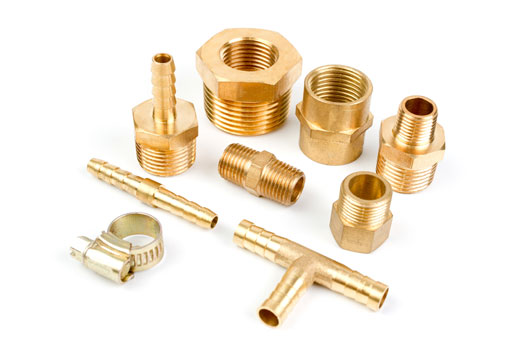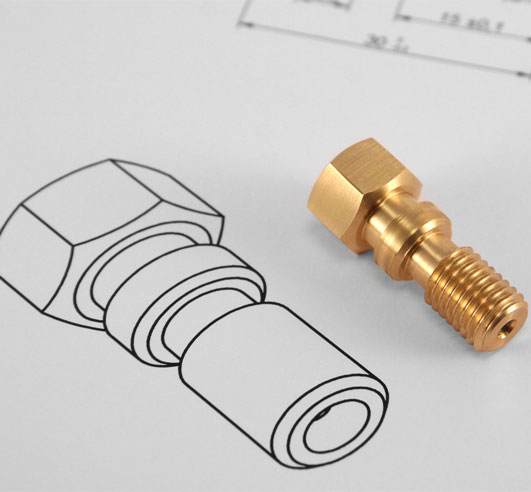In the fast-paced realm of modern manufacturing, CNC (Computer Numerical Control) machining is revolutionizing the industry. Skilled CNC machinists bring precision, efficiency, and reliability to the process, shaping a wide range of materials into functional components and intricate designs. Our goal in this article is to provide insights into the increasingly relevant field of CNC machining jobs, outlining the skills required, potential career paths, and tips for success in this dynamic sector.
What is CNC Machining?
CNC machining is an advanced method of manufacturing that employs programmed computer codes to control the movement of cutting tools and machinery. This automation allows for the precise fabrication of complex parts, usually within a millimeter or even less of the desired measurements. Industries like aerospace, automotive, and medical device manufacturing rely heavily on CNC machining to produce essential components.
Landing Your First CNC Machining Job
There are a few paths to secure your first CNC machining job, and the most beneficial course of action depends on your background, interest, and experience.
Education and Certification
To begin your career as a CNC machinist, it's crucial to acquire the necessary training and certifications. Most CNC machining jobs require at least a high school diploma or GED. However, further education and specialized certifications are often desired, as they can significantly increase your chances of employment.
Technical and vocational schools offer various courses and programs, which can range from a few months to two years and culminate with a diploma or associate degree in CNC machining technology. These institutions provide the essential background in CNC programming, blueprint reading, CAD/CAM software, and hands-on practice with the machines.
Aside from formal education, obtaining industry-recognized certifications can demonstrate your proficiency and commitment to the field. One of the most respected certifications in the US is offered by the National Institute for Metalworking Skills (NIMS).
Apprentice and Entry-Level Positions
Starting as an apprentice or in an entry-level position, such as a CNC machine operator or assistant, is another route toward a career in CNC machining. By actively working alongside experienced professionals, you'll gain practical knowledge and develop a solid foundation of skills, which can then be refined over time.
After working for several years and acquiring advanced skills, many CNC machinists decide to specialize in a particular niche or industry, such as aerospace, automotive, or metals manufacturing.
Building a Thriving CNC Machining Career
Continuous Learning
To excel in the CNC machining world, you should embrace a mindset of continuous learning and improvement. Stay up-to-date on the latest software releases, cutting-edge equipment, and industry trends. Participating in online forums, reading trade publications, and attending conferences or seminars can foster professional growth and networking opportunities.
Soft Skills Development
While technical aptitude is critical for a successful career in CNC machining, don't underestimate the value of soft skills. Effective communication, teamwork, and strong problem-solving abilities can help you navigate the various challenges encountered in your job. Additionally, cultivating these skills can open doors to higher-level positions, such as a team leader, quality control inspector, or production supervisor.
Expanding Skillset
Mastering related skills, such as 3D printing, precision measuring instruments, or welding, can make you a valuable asset to prospective employers. Moreover, some CNC machinists choose to become proficient in manual machining, enabling them to broaden their professional horizons or even start their own machining business.
Networking
A strong professional network can significantly impact your CNC machining career. Use LinkedIn, local trade shows, or industry associations to connect with peers and keep abreast of job openings, trends, and advances in your field.
The Future of CNC Machining Jobs
As industries grow more technologically advanced, the demand for skilled CNC machinists is anticipated to grow steadily. Today's CNC machinists have the opportunity to stay at the forefront of manufacturing innovation while enjoying a rewarding and fulfilling career. The key to long-term success in the field lies in your commitment to continuous education, self-development, and career-focused networking.
Although there is no one-size-fits-all solution to create a successful career in CNC machining, anyone who is eager to learn, adaptable, and persistent should be well equipped to thrive in this fast-evolving sector. Whether you're just starting out or already an experienced professional, the guidelines and advice presented in this article should help you navigate the dynamic world of CNC machining jobs and build a fruitful, long-lasting career.
cnc machining jobs







